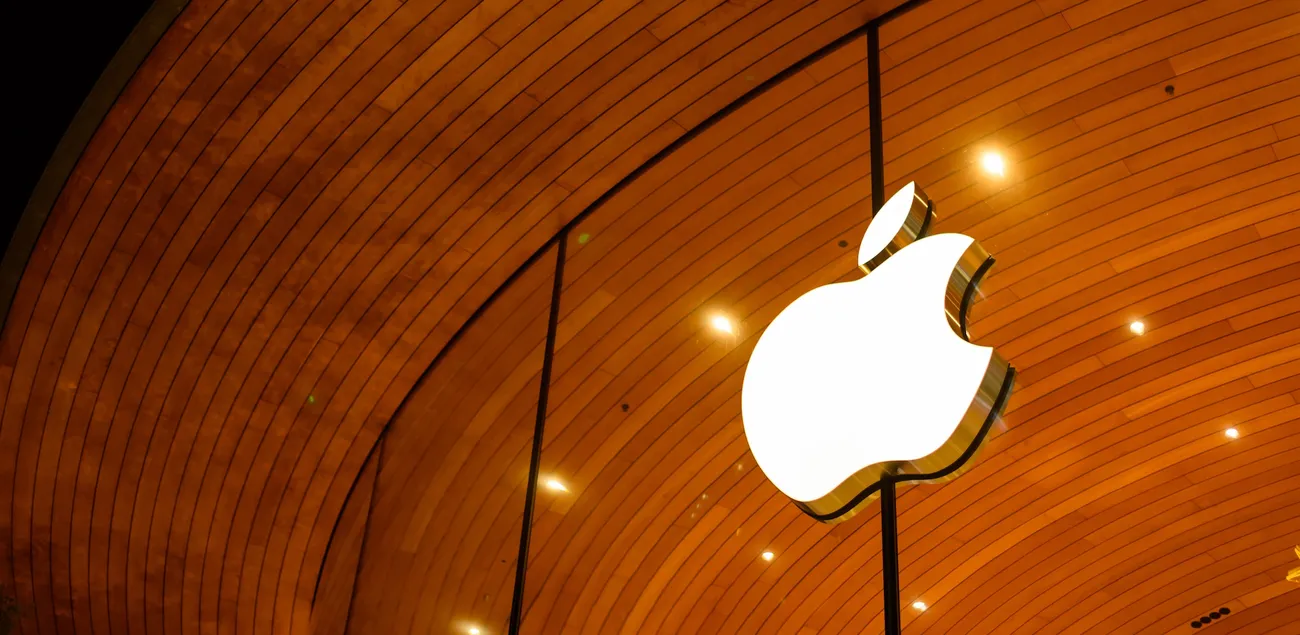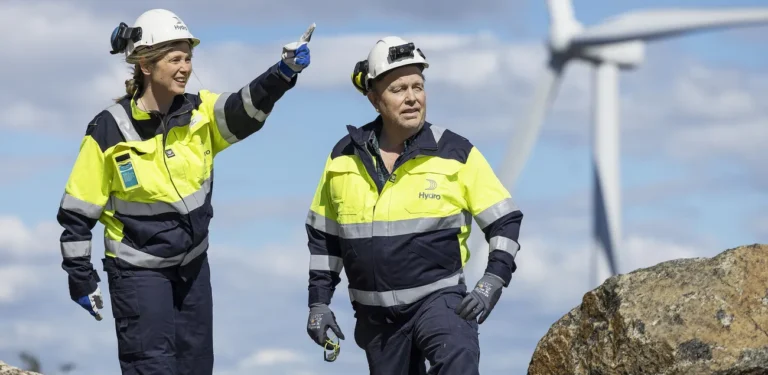
Apple, the California-based consumer-electronics group, and MP Materials, the Las Vegas-listed rare-earth miner and magnet producer, have struck a $500 million agreement to supply neodymium-iron-boron magnets for future iPhones, iPads and MacBooks from 2027. The venture—announced as Washington presses multinationals to “on-shore” strategic inputs—will centre on MP’s expanded plant in Fort Worth, Texas and a parallel recycling line that will feed recovered rare earths back into Apple’s device pipeline.
Strategic Supply Chain Re-Shoring
President Donald Trump’s May warning that he expects “iPhones sold in the United States to be built in the United States” has sharpened Apple’s hunt for domestically sourced components. Rare-earth magnets sit at the geopolitical fault line: China controls roughly 90 % of global magnet output and more than 85 % of processing capacity. The new contract—Apple’s first direct magnet purchase from a US producer—will insulate the company from future export curbs and help satisfy tightening rules of origin in US industrial-policy programmes.
Investment Scope and Facility Expansion
MP Materials will install dedicated production lines inside its Fort Worth facility, raising initial capacity toward the company’s 10,000-tonnes-per-year US magnet target for 2028. Shipments to Apple are scheduled to begin in 2027 and “ramp to support hundreds of millions of devices,” according to both firms. The capex forms part of Apple’s broader $500 billion US investment roadmap and dovetails with MP’s separate public-private partnership with the US Department of Defense, which underwrites additional magnet demand for electric-vehicle motors and guided-missile actuators.
Closed-Loop Recycling and Carbon Targets
A linked programme in California will collect magnet scrap from end-of-life Apple products, separating neodymium, praseodymium and dysprosium for re-use in Fort Worth. Apple already deploys 100 % recycled rare-earth elements in the Taptic Engine of the iPhone 16e; the new line extends that approach to internal speakers, haptic modules and camera actuators across its portfolio. The company says the closed-loop system will cut lifecycle carbon emissions for magnets by up to 80 %, supporting its 2030 net-zero goal.
Policy Tailwinds and Competitive Landscape
The deal arrives amid a wave of US re-shoring announcements: Texas Instruments committed $60 billion to domestic semiconductors, TSMC set out a $100 billion US foundry plan and Nvidia confirmed plans for on-shore supercomputers. For MP Materials the Apple order provides long-term offtake visibility beyond its existing sales of separated oxides from the Mountain Pass mine in California. Rival magnet projects by Vacuumschmelze, USA Rare Earth and Noveon cut across the same policy incentives, but none yet enjoy an anchor customer of Apple’s scale.
Company Background and Market Context
Apple shipped 234 million iPhones and 60 million iPads in 2024, lifting recycled-content share across all products to 22 %. Services contributed 22 % of the group’s $383 billion revenue, but hardware still dictates supply-chain exposure.
MP Materials operates the only integrated rare-earth mine and separation facility in North America, producing 42,000 t of rare-earth oxide equivalent in 2024. The firm reported EBITDA of $312 million on revenue of $526 million, but margins have been squeezed by a 28 % slide in Chinese oxide prices since January.
Neodymium-iron-boron magnets deliver the highest power-to-weight ratio of any commercial magnet, making them indispensable for miniaturised speakers, haptic engines and EV traction motors. Global demand reached roughly 230,000 t in 2024 and is forecast to grow 9 % annually through 2030. China’s dominance in refining and sintering leaves downstream manufacturers exposed to policy shocks, highlighting the strategic value of new US capacity.



